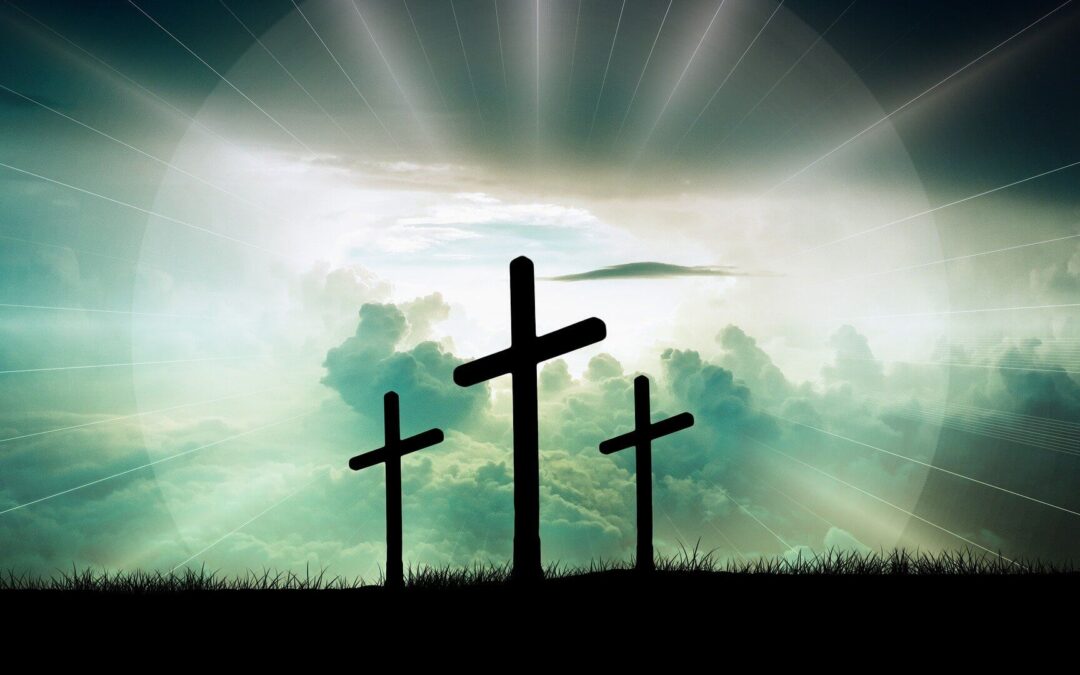“And when he had spent all … “ Luke 15:14 KJV
“Now when he had spent everything …” Luke 15:14 NASB
“When He had found one pearl of great price, went and sold all …” Matthew 13:46 KJV
“Upon finding one pearl of great value, he went and sold all …” Matthew 13:46 NASB
The entire story of redemption is revealed in the brief statements from Luke 15 about the prodigal, and Matthew 13 and the merchantman.
We, as depicted in the story of the prodigal, spent everything on ourselves. Such is the nature of sin and its domination of our hearts, that everything we have from God was devoted to self-pleasing. We “spent” all in self-satisfaction and self-promotion.
The tragic history of every individual and of humanity, as a whole, has been one of devolution and bankruptcy. Whether we consider ourselves morally, spiritually, or ethically, all was spent and lost. Our preconversion lives had nothing whatever to show for all that God had bestowed upon us of life, health, intellect, etc.
In contrast, there was one Who sold all that He had to purchase us. It is the truth of 2Corinthians 8:9 in parabolic language. He was rich yet became poor. He was rich in glory yet came in lowly guise. He was rich in power, yet came in apparent weakness as a babe dependent on His mother; as a Man Who could sleep and be weary; as a victim suspended upon a cross. Paul tells us that He was “crucified through (apparent) weakness” (2 Cor 13:4).
He was rich in honor, receiving the worship of the created hosts above; yet while here, He was the song of drunkards. He was rich in majesty, “clothed in majesty” (Ps 93:1) is how the Psalmist expressed it. In Herod’s judgment hall and in the Praetorium He was clothed in mockery.
He sold “all” for us. Nothing was held back for self. There was not a shred of selfish motivation involved in Calvary. It was an unconditional love for us that moved Him to spend all. To Him, we who, in the imagery of the prodigal, were among the swine, were viewed as the “pearl of great price.” While the “pearl” is the Church aggregate, we are nevertheless seen with that value in His eyes. One of the great occupations of eternity will be the calculating of all He spent on each one of us.
Consider
Can you trace other contrasts between the two parables?
Can you think of other ways in which we “spent all” on ourselves; and other ways in which He “sold all”?

